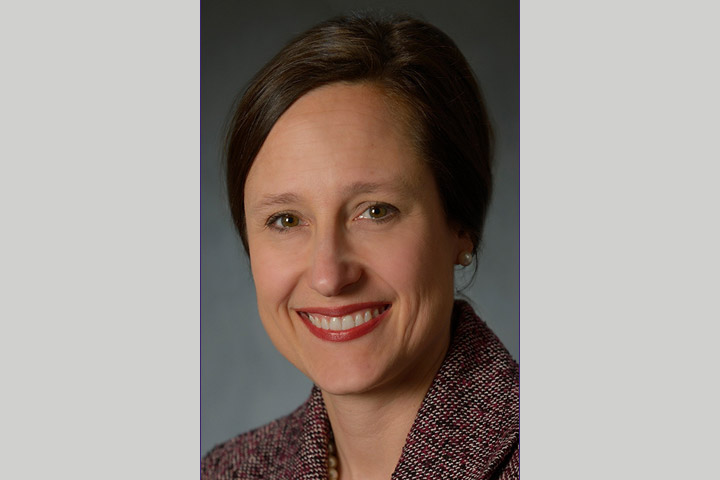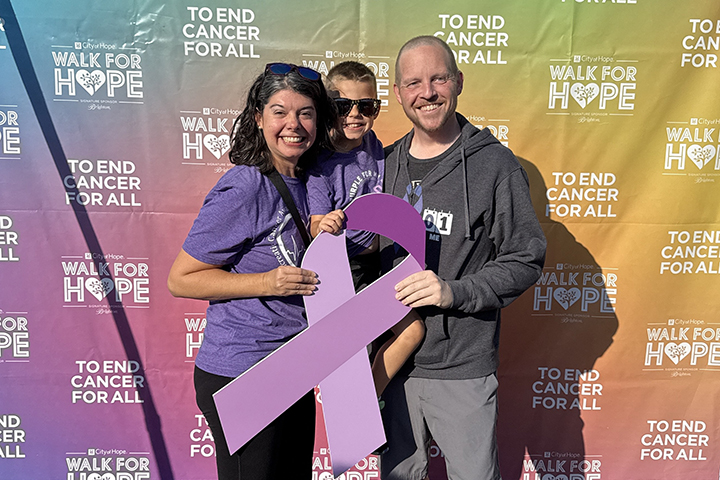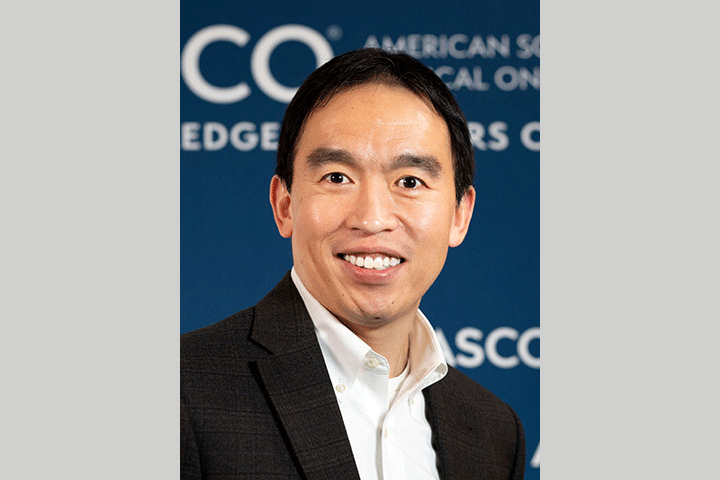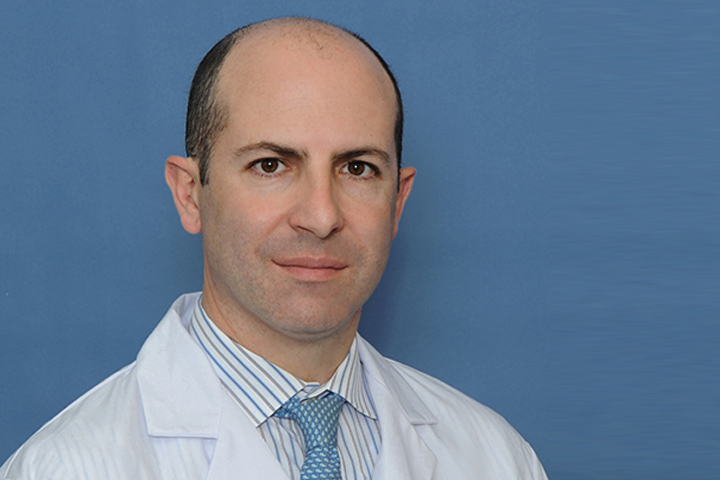Improving Access to Genetic Testing and Counseling

As scientists learned more about the basic biology of breast, ovarian, prostate, and pancreatic cancers, one thing became very clear.
Germline mutations (those that we inherit at birth) play an important role in cancer risk. And now, in some cases, they lay a blueprint for more effective treatments based on the unique biology of each tumor.
Sorting through genetic information can be daunting. Fortunately, health professionals called genetic counselors have significant training in helping individuals and families at risk for certain cancers. They can analyze family history and patterns of inheritance, provide information about testing, help families and individuals understand the significance of test results, and so much more. People who live near large academic medical centers have easier access to genetic counseling, but those who live in rural or underserved areas are less fortunate. They might get genetic testing, for example, but can be left in the dark when it comes to making real sense of that information if a genetic counselor isn’t part of their healthcare team.
The global pandemic of COVID-19 has made one thing perfectly clear: telehealth is often a great option when an in-person healthcare visit isn’t feasible or sometimes not even wanted by a patient. Telehealth is here to stay, and a new randomized study dubbed eReach hopes to determine whether telehealth can fill the gaps in genetic counseling as well as increase access to testing. The study is open to individuals throughout the United States with advanced breast, ovarian, prostate, or pancreatic cancer.
“Genetic testing has been available for a while and now we are seeing how targeted therapies are making a difference for some patients,” explains Angela Bradbury, M.D., lead investigator of the eReach trial and Associate Professor of Medicine at the Hospital of the University of Pennsylvania (Philadelphia). “But not everyone has equal access to testing or to counseling. Technology gives us ways to better provide equal access and better patient care if we are just bold enough to use it.”
eReach Reaches Far and Wide
In simplest terms, eReach is designed to figure out whether web-based options, through virtual meetings or so-called web-based tools, can increase access to testing without sacrificing the important and vital information genetic counselors can provide—no matter where a patient lives. “One way to think about this is that basically it’s genetic counseling in the comfort of home,” says Bradbury. “Cancer diagnoses come with a wealth of emotions and uncertainties. Many people are also fearful of genetic testing or simply don’t have access. This is just one way that we can potentially bring the power of genetic testing right to an individual and their families. But first we have to see what this study will show us.”
The implications of germline genetic testing for those with cancer can be significant. People with some of these inherited mutations may respond better to specific types of treatment regardless of the site of the primary tumor. For example, for those with BRCA1 and BRCA2 germline mutations, poly (ADP-ribose) polymerase (PARP) inhibitors have shown benefit in multiple types of tumors, such as breast, ovarian, pancreatic, and prostate cancers. Organizations such as the Basser Center for BRCA have helped to accelerate BRCA-related research, including the development of targeted therapies for BRCA-related cancers.
The eReach study is randomized into four arms. If a participant is assigned to Arms A or B, that participant can schedule a virtual or in-person appointment to speak with a genetic counselor for a so-called pre-test session. During these sessions, counselors provide information on the types of potential results as well as the risks, limitations, and benefits of testing. If you are randomized to Arms C or D, you will be provided instructions for obtaining a private code to access a web-based tool that walks you through the same information you would be provided during an in-person or virtual visit with a counselor. Since people may have questions, a genetic counselor would be available to speak with you.
Results of the genetic test, should a participant decide to move ahead, will be made available and include clinical gene test results and how those results may affect treatment. Results also include recommendations concerning future screening or testing recommendations for the family of a participant.
If you are randomized to Arms A or C, you will be asked to schedule a virtual or in-person appointment to speak with a genetic counselor for disclosure of these results. Those randomized to Arms B and D are provided instructions for obtaining a private code to access the web-based tool, but can still ask to speak with a genetic counselor.
All study interventions, including genetic counseling, are provided by staff at the University of Pennsylvania, all of whom are licensed in all 50 states. And since this study is mostly web-based or virtual, its reach is anywhere there is internet access. There is no charge associated with speaking to a genetics counselor for participants in any arm of the study. A counselor will also coordinate testing, which is often covered by insurance. Survey-based data collection will be performed at the time of consent, after pre-test genetic counseling, after a disclosure session, and at six months after disclosure.
“Many people get nervous about out-of-pocket costs with genetic testing,” Bradbury says. “Cost has come down significantly and insurance generally pays if people meet certain criteria. But if ever there is an issue, the genetic counselors are extraordinarily good at helping people find ways to cover or offset the costs.”
What Prior Research Shows
Bradbury is no stranger to investigating alternative delivery models of genetic counseling and testing. She founded what is now the Abramson Cancer Center Telegenetics Program back in 2012, based on NIH-funded research evaluating remote phone and real-time services for cancer genetic counseling and testing. Her prior research has shown providing remote telephone services, for example, increases interest and participation. In one NIH-funded telephone study called COGENT, the data collected from nearly 1,200 participants suggested that telephone disclosure of cancer genetic test results is an alternative to in-person disclosure for interested patients after in-person pre-test counseling with a genetic counselor. Another NIH-funded study called RESPECT, of some 1,200 female participants interested in receiving genetic individual research results, showed there was high interest in web-based pre-disclosure education. The web education was not associated with negative outcomes after receipt of individual results with a genetic counselor, suggesting a potential alternative resource model for communication of the results.
Bradbury admits she is excited about the research and the potential of technology to democratize genetic testing. “I am always biased about my own science, but I would love to prove this approach works,” she says. “The potential to help doctors, and patients who don’t have easy or seamless access to genetic services, is profound. We should not be confined by the walls of hospitals and clinics.”






